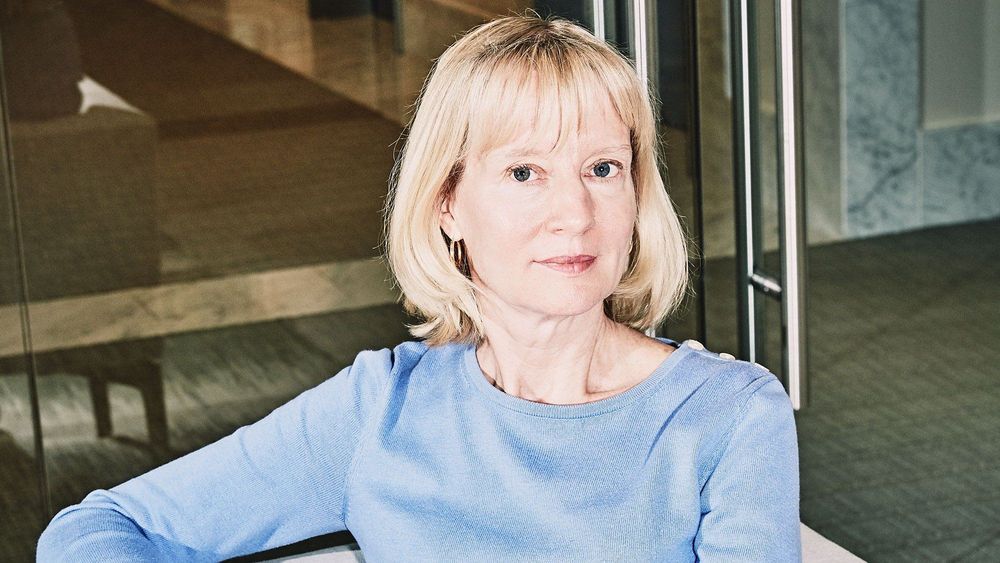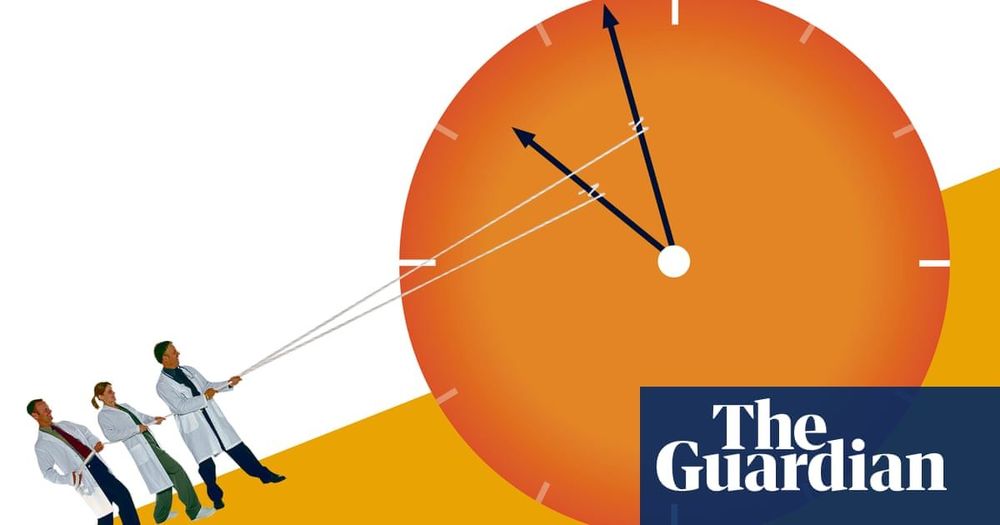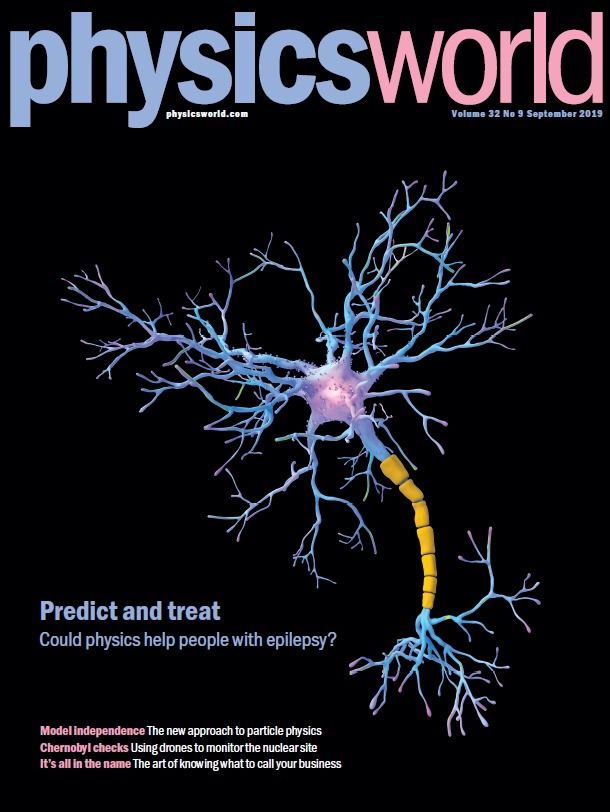We will soon learn if a much-hyped, rapamycin-like drug can boost the immune response by targeting how the body ages.




A group of DARPA-funded scientists associated with Elon Musk say they’ve invented a new way to “rapidly implant” brain electrodes into rats — and their “sewing machine” implantation system could facilitate the creation of a mind-reading brain-computer interface, as first reported by Bloomberg.
“Although more research is needed to refine the overall interface system and better integrate its components, these developments may ultimately open the possibility of bundling next-generation robotics, AI software, and electronics to create alternatives to present-day neurosurgical techniques,” DARPA biotech director Justin Sanchez told Bloomberg.

Time has a fundamentally different character in quantum mechanics and when in general relativity. In quantum theory, events develop in a fixed order while in general relativity temporal order is affected by the distribution of matter.
Now, a team of international scientists has discovered a new kind of quantum time order. Through this study, scientists sought to determine: what happens when an object massive enough to influence the flow of time is placed in a quantum state?
The disclosure emerged from a test the group intended to bring together elements of the two significant physics theories developed in the past century.
Non-addictive painkillers from scorpion venom? Bring them on!

Samsung is looking forward to what life might be like in the year 2069. The new report, called Samsung KX50: The Future in Focus, draws on the opinions of six of Britain’s leading academics and futurists to look at a range of new technologies that will affect people’s everyday lives.
Trying to predict the future is a dodgy business that has a notoriously low success rate. If the world of 2019 was anything like past predictions, we should have flying cars, personal jet packs, robot butlers, 100 percent atomic power producing limitless energy, little bottles containing nanobots that can grow cars on the front lawn, colonies on the Moon and Mars – and all in a society that hasn’t changed much since 1960, except it’s a bit nicer.
Falcon 9 uses blasts of pressurized Nitrogen to orientate, guide and correct itself during the descent and reentry phase of the first stage.

Could physics help people with epilepsy? That’s the question tackled by Louis Nemzer, a physicist at Nova Southeastern University, in the September 2019 issue of Physics World magazine, which is out now in print and digital formats.
He thinks that machine learning and real-time monitoring of the brain could give people with epilepsy live information about how much at risk they are of an imminent seizure – and is even developing a smartphone app to help them in daily life.
Elsewhere in the issue, Peter Martin and Tom Scott from the University of Bristol describe how they’ve used drones to map radiation levels at the Chernobyl plant, which you can also read on this website from 2 September, while Kate Brown from the Massachusetts Institute of Technology examines the health impact of Chernobyl fall-out.
